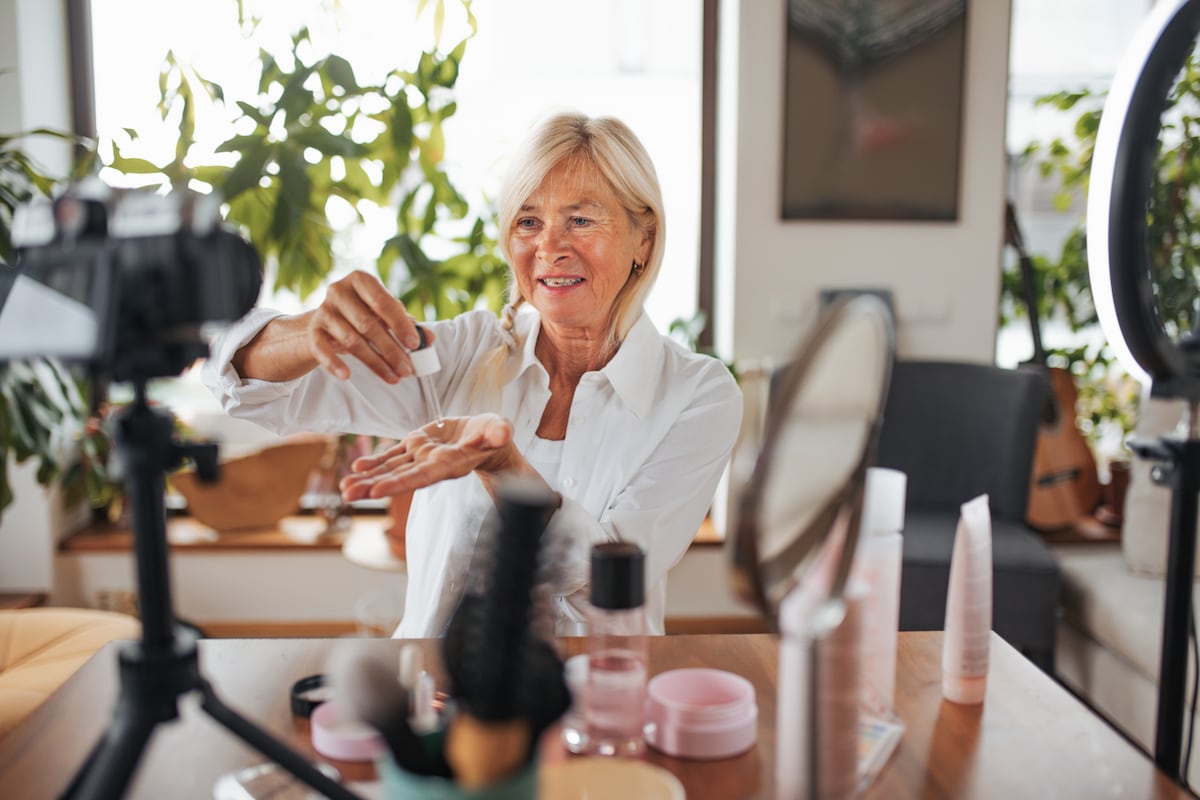Retinol, a popular anti-aging ingredient in cosmetics, has gained significant attention from consumers due to its benefits in promoting skin renewal, smoothness, luminosity, and collagen production. However, retinol should be used with caution to avoid skin irritation.
Dermatologists recommend starting with low concentrations and gradually increasing usage as the skin gets accustomed to it. The importance of sun protection when using retinol is also emphasized. The European Commission has approved regulations limiting the concentration of retinol in cosmetic products to ensure consumer safety.
New regulations restrict retinol to a maximum of 0.3% in facial products and 0.05% in body products to prevent potential health risks associated with vitamin A absorption. Excessive vitamin A intake can lead to severe health issues, prompting the need for these limitations. Dermatologists highlight the importance of following guidelines and precautions when using retinol for skincare.
While the general population can benefit from low concentrations of retinol for anti-aging purposes, higher concentrations may be necessary for specific skin conditions such as acne or fine lines and wrinkles. Specialists may be allowed to prescribe or formulate retinol at higher concentrations when needed for certain skin conditions under new regulations. Overall, the regulations aim to regulate the use of retinol in cosmetics to promote safer skincare practices and prevent potential health risks.
Alba Fernández Palacios’ experience with taking care of her skin three years ago due to acne led her to include retinol in her facial routine after dermatologists’ advice on social networks recommended it as an effective lightener for pimple spots.
Retinol is a derivative of vitamin A that promotes skin renewal and smoothness by stimulating collagen production and improving luminosity.
However, excessive usage or high concentrations of retinol can cause skin irritation or even severe health issues such as liver damage or birth defects if ingested during pregnancy.
That’s why dermatologists recommend starting with low concentrations and gradually increasing usage as the skin gets accustomed to it while emphasizing sun protection.
The European Commission has approved regulations limiting the concentration of retinol in cosmetic products such as facial cleansers and creams.
The regulation limits the concentration of retinol in facial products up to 0.3% while body products are limited up to 0.05%.
These restrictions are aimed at preventing potential health risks associated with vitamin A absorption.
Social media has played a significant role in popularizing retinol among consumers, leading some people to use it improperly or unnecessarily.
However, specialists believe that these restrictions will promote safer skincare practices by ensuring proper usage and preventing potential health risks associated with high concentrations ofret


